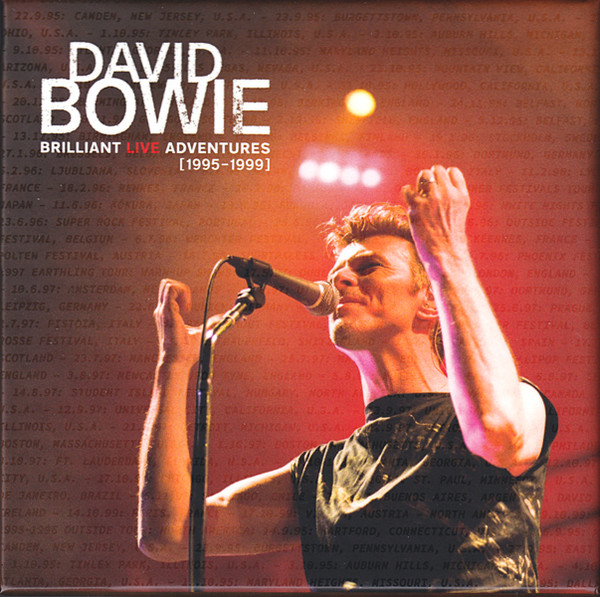 Despite constant recording and touring, the Zombies weren’t able to ride the success of their first hit singles. Unbowed, they put their all into the ambitiously titled Odessey & Oracle, which ultimately broke up the band.
Despite constant recording and touring, the Zombies weren’t able to ride the success of their first hit singles. Unbowed, they put their all into the ambitiously titled Odessey & Oracle, which ultimately broke up the band.While the title and matching cover art reflected the psychedelic Summer of Love, the music was merely well-crafted, straightforward pop, built again mostly around Rod Argent’s keyboards, embellished by harmonies clearly influenced by that other cult classic Pet Sounds, and the Mellotrons left lying around at Olympic and EMI’s Abbey Road studios. The songs themselves, written separately by Argent and Chris White but perfectly matched, reflected the shift from mindless pop to near literature, as befit any band trying to compete in the marketplace with the likes of the Beatles and the Kinks.
From the start, these aren’t your ordinary love songs. “Care Of Cell 44” is a musical love letter to someone about to be released from prison, and it’s never stated what the inmate’s gender is. It’s positively infectious from start to finish, and the repeats of the “feel so good you’re coming home soon” hook never get tiring. Inspired by the macabre William Faulkner short story, the chamber pop arrangement of “A Rose For Emily” is fitting. Using an acoustic guitar for a change, the contrasting minor and major keys of “Maybe After He’s Gone” effectively reflect its lyrics, and a Leslie effect on the electric provides “Beechwood Park” with its own shade. The parlor sound on each verse of “Brief Candles” transforms to living color for each chorus before returning, and we really like how the guitar is paired with the Mellotron throughout “Hung Up On A Dream”.
Vinyl is a good way to experience the album, as the flute setting of the Mellotron dominates “Changes”, luckily balanced by the harmonies on the choruses, and tension between. The most Beatlesque track is the jaunty “I Want Her, She Wants Me”, with a prominent bass line wandering precisely underneath the dancing harpsichord. The joyful hope continues on “This Will Be Our Year”, though we prefer the mix without the horns. If anything might derail the listener’s enjoyment, “Butcher’s Tale (Western Front 1914)” is a harrowing antiwar song set in the first World War, a common fascination for British musicians of the time. Sung with suitable quivering by Chris White, it made for an unlikely single. “Friends Of Mine” returns the mood to sunny, as the narrator celebrates all the happy couples in his life, the backing vocals even reciting their names. Finally, “Time Of The Season” manages to be a musical progression for the band, while still evoking the cool of “She’s Not There”, with those sighing call-and-response vocals and a virtuosic organ solo.
It’s fitting that the album ends with the song that ultimately got the album onto the charts. The omnipresent Al Kooper was doing A&R for Columbia Records at the time, found Odessey & Oracle in a stack of import LPs, and spearheaded its American release. Its subsequent success prompted the suits to get the band to record a follow-up, and they tried, but Colin Blunstone had already quit the business and the remaining members were already morphing into Argent. (Once again, the Zombie Heaven box set nicely fills in the blanks.)
Over the years Odessey & Oracle became one of those relatively obscure records touted by rock snobs as a lost classic. Depending on how sick you were of hearing “Time Of The Season” on oldies stations, newcomers could be justifiably skeptical. But it truly is a grower, we’re lucky to have it in the world. It’s been reissued several times in the digital age, usually with bonus tracks like those later singles, sometimes with the mono and stereo versions together. (We lean towards the mono ourselves.)
The Zombies Odessey & Oracle (1968)—4½



:format(jpeg):mode_rgb():quality(90)/discogs-images/R-9601054-1483472522-5234.jpeg.jpg)
:format(jpeg):mode_rgb():quality(90)/discogs-images/R-3131447-1317602675.jpeg.jpg)
